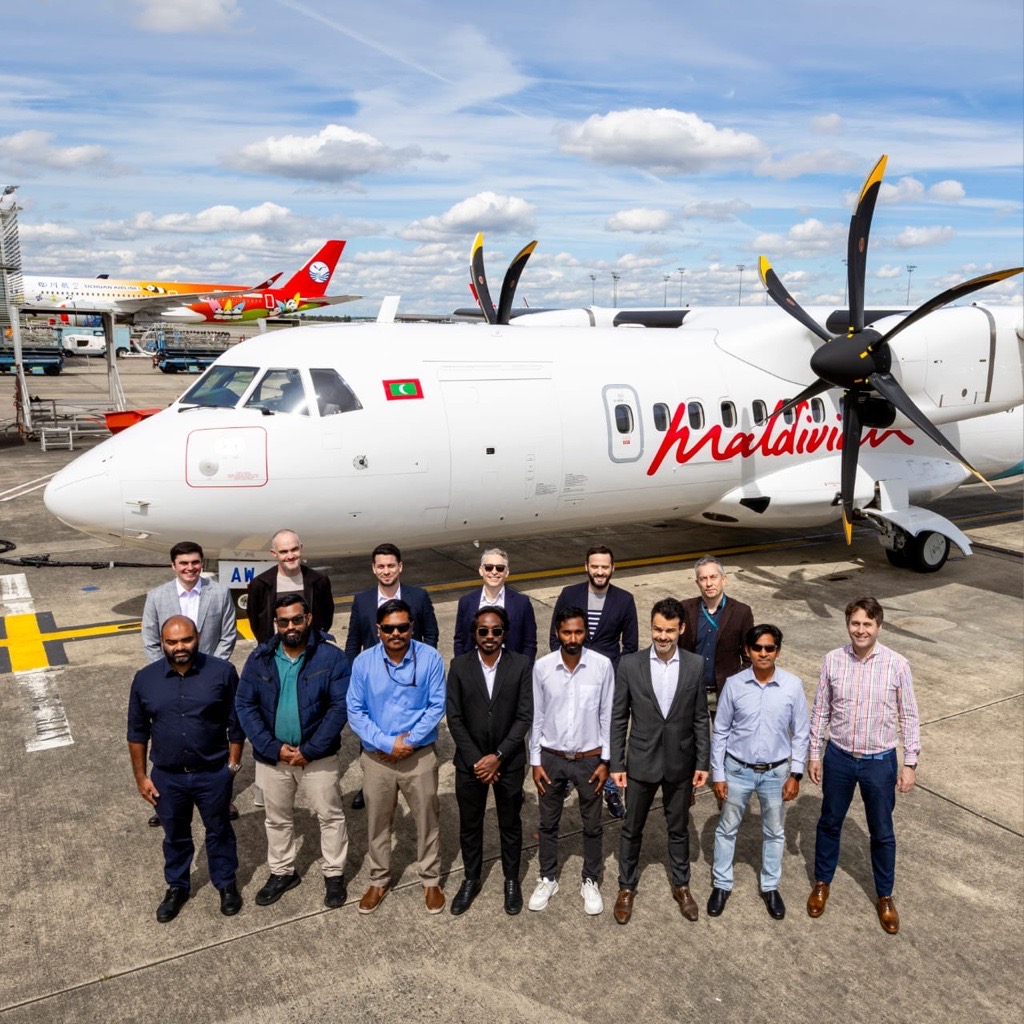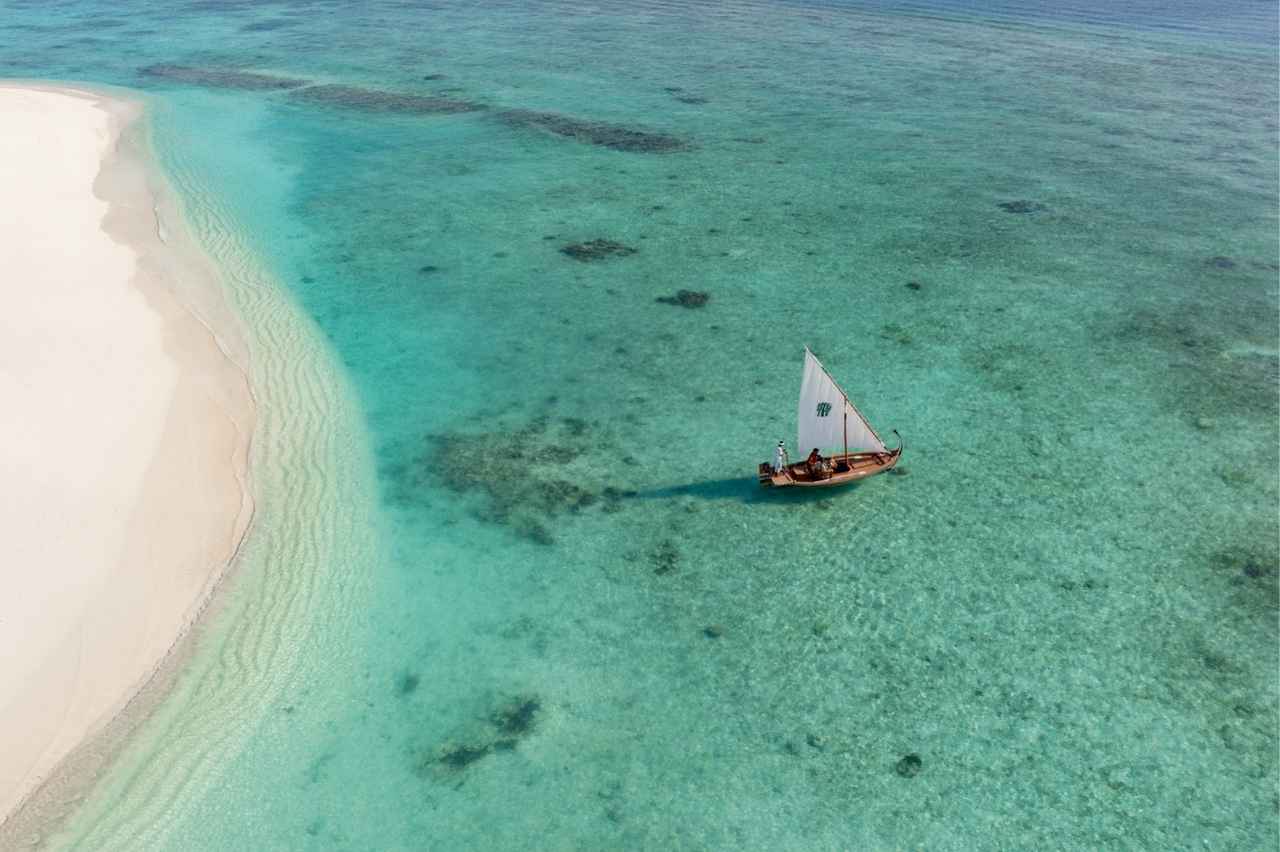Looking to invest in a luxury oceanfront property in the Maldives that offers a perfect blend of lifestyle, exclusivity, and financial return? The Coral Residences at Kandima Maldives presents a rare opportunity to own a five-star serviced apartment on the sun-kissed shores of Dhaalu Atoll. Scheduled for completion in early 2026, this unique real estate offering invites you to enjoy private ownership while gaining full access to the experiences and amenities of one of the Maldives’ most dynamic island resorts. Whether you seek a stylish holiday escape or a high-yield investment, The Coral Residences aims to deliver both.
Developed by Pulse Hotels & Resorts, a hospitality brand renowned for its intelligent, guest-focused concepts, The Coral Residences benefits from the backing of Deep Blue Private Limited, a leading force in Maldivian tourism and infrastructure. With a track record that includes award-winning resorts, Dhaalu Airport, and Manta Air, the development rests on solid expertise, thus ensuring long-term value and peace of mind for discerning investors.
What Makes The Coral Residences Unique?
The Coral Residences forms an integrated beachfront community of 40 exclusive two- and three-bedroom apartments designed for modern island living. Each home offers uninterrupted views of the Indian Ocean, thoughtfully planned interiors, and expansive terraces perfect for soaking in tropical sunsets.
Key Features at a Glance:
- 2 or 3-bedroom apartments (215–250 sqm)
- Panoramic oceanfront views
- Exclusive pool and club house access
- Contemporary interiors with natural light
- Generous outdoor terraces and balconies
These residences lie along Kandima’s northern shoreline, offering privacy while keeping you connected to the island’s vibrant lifestyle.
Ownership That Works for You
Owners receive strata title leasehold ownership, which the Maldivian government registers and renews under local regulations. The developer sells apartments on a fully maintained, hassle-free basis. Furthermore, owners can resell or transfer their units, subject to the lease terms.
Your Benefits as an Owner:
- 30 days of complimentary use annually
- Rental income while you’re away (mandatory program)
- Minimum guaranteed return of 6% for 5 years
- No maintenance or operating costs
- Quarterly payouts, net of expenses
- Full use of Kandima’s resort facilities
Ownership also includes lifestyle and investment perks designed specifically for international buyers.
Can You Earn Income from Your Property?
Yes. Apartments enroll in a mandatory rental program that generates income whenever you are not in residence. This program guarantees a 6% net return for five years. After that period, owners continue to earn a 50% share of pooled rental revenue.
Moreover, Kandima Maldives manages every aspect of property ownership, from guest bookings to maintenance, so you enjoy a fully passive investment with consistent income potential.
Owner Usage and Stay Privileges
Owners of the Coral Residences at Kandima receive 30 complimentary nights annually, including up to 7 nights during peak season (Dec 22 – Jan 15). You must book these stays in advance (180 to 365 days depending on season). Additionally, you may transfer your entitlement to friends or family upon request.
This usage structure ensures that you enjoy the property personally while maximizing its rental performance.
What Kind of Lifestyle Awaits You at Kandima?
As an owner, you gain full access to Kandima Maldives’ extensive amenities, a world-class resort that blends luxury with play:
Island Amenities You Can Enjoy:
- 10 restaurants and bars with global cuisine
- Award-winning esKape Spa
- Full-service water sports and dive center
- Tennis, badminton, and football courts
- 24/7 fitness pavilion with private pool
- Beach clubs and family-friendly zones
Whether you want to unwind or explore, Kandima offers something for every lifestyle.
Thinking Practically: What Should You Know?
Before purchasing property in the Maldives, international buyers usually ask:
- Can foreigners buy here?
Yes. Foreigners can buy leasehold strata title property at The Coral Residences under Maldivian law.
- Is the property fully managed?
Yes. Kandima Maldives manages the property entirely, including upkeep, guest services, and rental operations.
- What is the starting price?
Units begin at USD 1.2 million, depending on layout and location.
- Do I need a visa?
Most nationalities receive visa-free entry on arrival. Extended stays or residency options are available separately.
- Can I customize my unit?
To maintain quality and brand consistency, the developer sells units with a standardized design package. Customization is not offered.
Final Thoughts: Is Coral Residences Right for You?
If you explore Maldives property investment opportunities that offer both personal enjoyment and solid returns, The Coral Residences at Kandima presents a unique proposition. With its beachfront location, fully managed rental income, and world-class resort facilities, this option offers more than just a place to stay. It represents a secure investment in one of the world’s most exclusive destinations.
Ready to own a beachfront residence in the Maldives? Discover more about investing in The Coral Residences at Kandima. Visit their website for more details: www.coralresidencesmaldives.com








